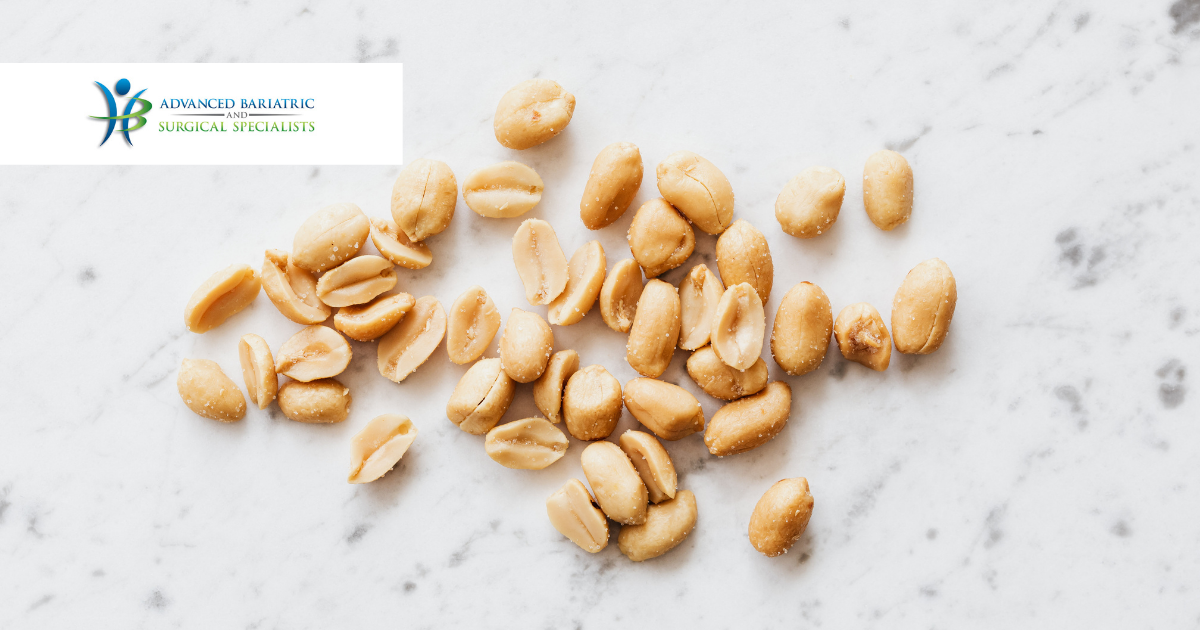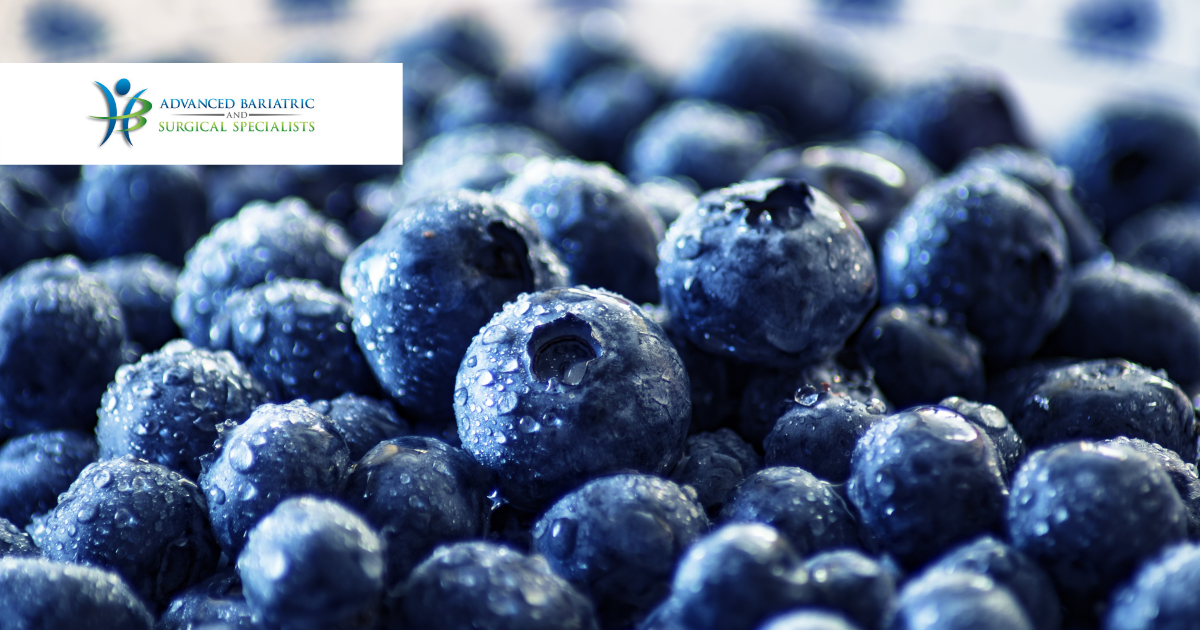Creamy Peppermint Protein Mocha
Many of us enjoy those special holiday cups of a seasonal coffee, but high sugar and fat they may not be as bariatric friendly as you’d like to meet your diet goals. Making a few at home swaps to achieve a festive drink can turn your holiday drink into a protein boost.

Sugar Cookie Shake

Tis the season for cookie decorating and exchanges, but Christmas cookies can bust your weight loss goals. This protein shake gives you that familiar sugar cookie taste, without the unwanted calories.
Premier Protein Coffee Creamer Swap
If you’re a coffee drinker, you may know the coffee itself isn’t what packs on the calories, it is the sweetener and creamers that we often add to it. If you aren’t someone who prefers your coffee black, swapping your creamer for a premier protein shake is a great option. Unlike some protein shakes, Premier Protein® tolerates heat and can be mixed into hot beverages like coffee without splitting. Depending on your flavor preference, this protein hack works great with vanilla, caramel, or chocolate. This is also a great option for patients who utilize shakes for their protein intake but don’t care for the level of sweetness. Mixing with bitter coffee helps to cut the sugary sweetness. If you’re grabbing coffee at a coffee shop, just ask for your drink with extra room or if they will serve it in a larger cup.

Protein Punched Eggnog
Eggnog is a classic holiday staple for many. For a bariatric friendly version, consider using a protein shake instead of the traditional high calorie milk, cream and sugar combination.

Layered Caramel Chocolate Chia Protein Pudding
Sometimes you have a sweet craving that you just need to satisfy. Luckily, with this recipe, you can have your pudding and you protein too.

Ingredients:
- 1 Premier Protein 11oz. caramel shake
- 1 Premier Protein® 11oz. chocolate Shake
- 6 TBSP chia seeds
- 1 TSP unsweetened cocoa powder *optional
*yields five, 4.4oz servings
Low Impact Exercises You Should Be Doing After Weight Loss Surgery
There are various bariatric surgery options that one can pursue to facilitate a healthier life. In contrast to belief, weight loss surgery is not a one-time fix to shed excess body fat. Surgery is one tool in a toolbox of instruments that leads to successful weight loss results.

Chocolate Peanut Butter Protein Fudge Recipe
The classic combination of chocolate and peanut butter can be hard to resist. With this recipe, you don’t have to. Indulge in all the flavor without all of the guilt that comes with a typical dessert. If you have the time, made your own natural peanut butter by grinding roasted peanuts in a food processor or blender.

Protein Packed Mole Sauce
Protein can feel like a chore for many patients striving to meet protein goals and follow a low carb diet. Fortifying food with protein powder offers extra nutrition while enjoying something other than a plain shake. This recipe features Premier Protein in a mole sauce which can add Mexican flavor to a healthy meal. Utilize this mole on any number of lean protein options or fiber rich veggies. Added bonus? Use the mole on its own during the puree phase of your post-op bariatric diet, just make sure it is blended smooth. As always, if you have questions about your post-op diet progression or if something is appropriate, reach out to your care team.

Protein Pumpkin Muffins
Fall flavors can help usher in the comfort of a new season with cooler weather. While muffins are not typically high on the list of health foods, these protein fortified pumpkin muffins have hidden protein along with. Their spicy fall flavor. They also utilize almond flour, meaning they are gluten free and lower in carbs.

Protein Enhanced Blueberry Pie Smoothie

Typically, smoothies are packed with fruit, making them naturally high in sugar. If you’re picking up a fancy smoothie from a smoothie bar, it may have added sugars or other sweeteners too. What you might think is a healthy, refreshing snack, may be sabotaging your weight loss progress. Making a smoothie at home means you can control what goes in. Better yet, adding protein with a pre-made protein shake helps to balance the natural sugars to help you avoid a blood sugar spike.

